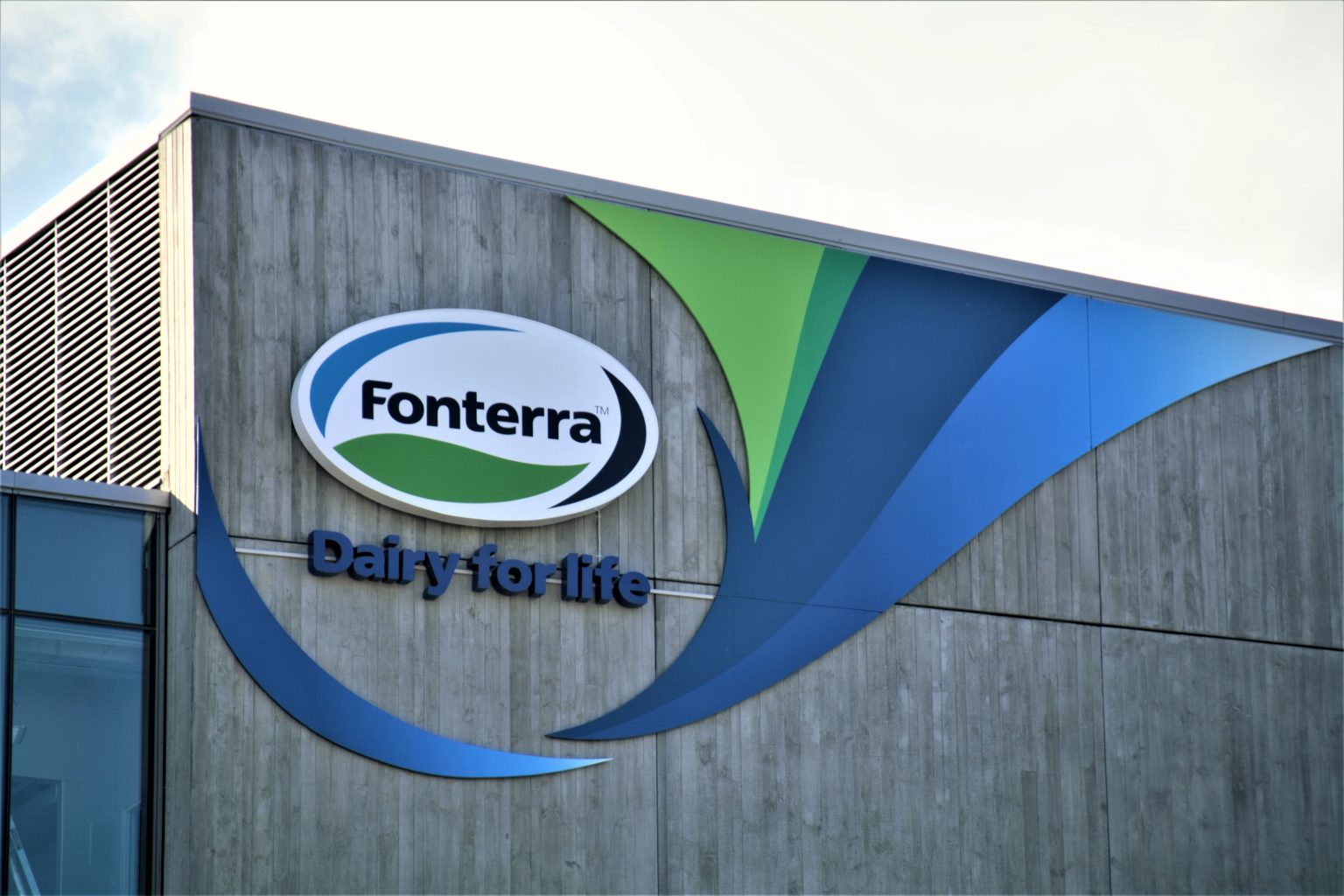Fonterra has announced plans to divest its consumer-facing operations to concentrate on its ingredients sector, marking what the dairy co-operative has described as a “step-change in strategic direction”.
Headquartered in New Zealand, the cooperative, which owns such brands as Anchor butter and De Winkel yogurts, revealed today (16 May) that it is “exploring full or partial divestment options for some or all of its global consumer business”.
The publicly-listed Fonterra also stated its intention to hire advisors to evaluate the disposal options, which include the cooperative’s “integrated businesses Fonterra Oceania and Fonterra Sri Lanka”.
CEO Miles Hurrell noted that the divestiture process is anticipated to take “at least” 12 to 18 months, should it go ahead, following “unsolicited interest in parts of these businesses”.
Hurrell stated: “We believe we can grow further value for the co-op by focusing on being a B2B dairy nutrition provider, working closely with customers through our high-performing ingredients and foodservice channels.”
“This will be enabled by strong relationships with farmers, a flexible manufacturing and supply chain footprint, deeper partnerships with strategic ingredients customers, further investment in our foodservice channel, continued delivery on our sustainability commitments and investment in innovation.”
The consumer division includes brands like Mainland, Kāpiti, Anlene, Anmum, Fernleaf, Western Star, and Perfect Italiano, among others.
Fonterra Oceania encompasses the recently merged operations in New Zealand and Australia that cater to the retail, out-of-home, and B2B sectors. The business in Sri Lanka similarly serves these customer segments.
Chairman Peter McBride elaborated: “We have conducted a strategic review, which has reinforced the role of our core business.”
“This is working alongside farmers to collect a sustainable supply of milk and efficiently manufacture products valued by customers to deliver strong returns to farmer shareholders and unit holders.”
Fonterra mentioned that the consumer businesses considered for divestiture utilise approximately 15% of the co-op’s milk solids and represent about 19% of group operating earnings in the first half of its 2024 fiscal year.
Interim first-half results released in March showed that Fonterra’s group profit after tax increased by 23% to NZ$674m (£411.4m), while EBIT rose by 14% to NZ$986m.
For the year ending 31 July 2023, the profit after tax was NZ$1.6bn, a significant rise from the previous 12 months by NZ$9954m.
Hurrell added: “While these are great businesses with recent strengthening in performance and potential for more, ownership of these businesses is not required to fulfil Fonterra’s core function of collecting, processing and selling milk.”
“Due to our co-operative structure, we believe prioritising our ingredients and foodservice channels and releasing capital in our consumer and associated businesses would generate more value.”
“At the same time, we believe Fonterra is not the highest-value owner of the consumer and associated businesses in the longer term and a divestment could allow a new owner with the right expertise and resources to unlock their full potential.”
Fonterra has been streamlining its global consumer operations over the past two years or so. In April, the co-op announced it had agreed to sell its minority stake in Lithuanian dairy business Rokiškio Sūris amid a “strategic long-term review of investments”.
In the previous year, Fonterra terminated a dairy joint venture in Brazil with Nestlé, where the co-op held a 51% stake – Dairy Partners Americas (DPA). It also disposed of its operations in Chile, the Soprole business, and exited a venture in India in 2022, Fonterra Future Dairy.
“Through our work to date, Fonterra has strong foundations which puts us in the position to consider where we will next invest for long-term growth,” Hurrell concluded.
“We intend to provide a further update on our revised long-term strategy in due course. This will include further detail on our plans to grow the long-term value of Fonterra and the measures through which we will track our progress.”
